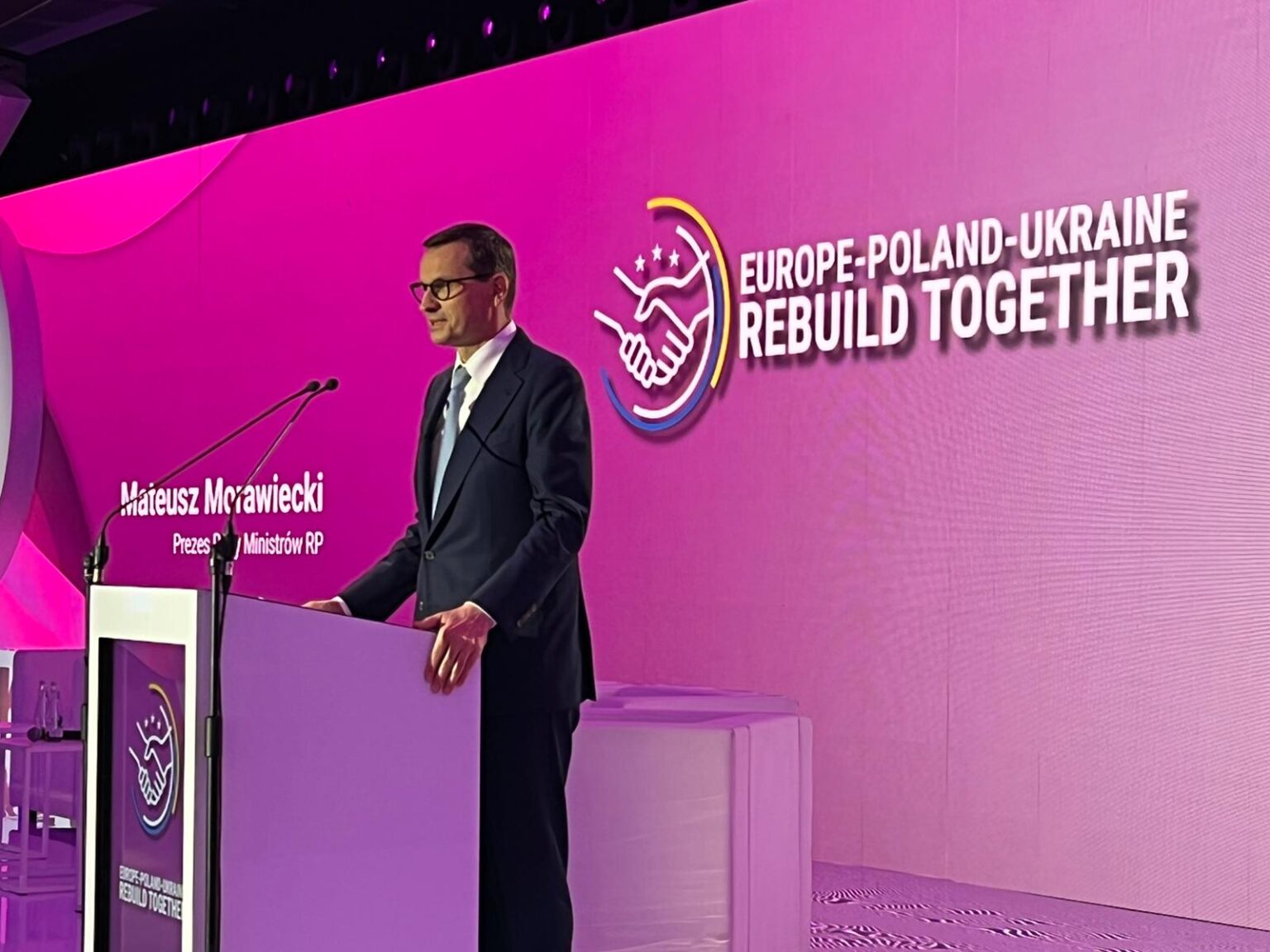Poland’s Prime Minister accused the largest opposition party of „favoring oil and gas from Russia”, but the truth is more complicated. Poland managed to become independent of Russian hydrocarbons thanks to both the Civic Platform and the Law and Justice party continuing on a path of diversification – writes Wojciech Jakóbik, editor in chief at BiznesAlert.pl.
PM vs. the opposition
Russia stopped oil supplies to Poland on February 25, 2023. Despite that, Poles are ready to import the fuel from other places thanks to diversifying supply sources at least since 2015. However, it is worth noting that PKN Orlen is still bound by an agreement with the Russian Tatneft. The fact that Russians decided to turn off the tap, may prompt the Polish company to use the force majeure argument to suspend the contract and demand compensation from Russians, provided that it does not pertain to the Czech refineries to which oil is flowing without interruptions. However, this is a good opportunity to reflect on the state of diversification of oil and gas supplies to Poland, which in the era of the energy crisis and due to the invasion of Russia in Ukraine is close to making a complete break from the Russians. Prime Minister Mateusz Morawiecki said: „the Civic Platform has supported Russia for years and has made us almost 100% dependent on Putin’s oil and gas.” This is not true, although such statements may be useful before the election.
Diversification’s many fathers
When Russia turned off the natural gas tap in the spring of 2022 by inventing a new rule that Gazprom had to be paid in rubles, Poland’s PGNiG took this opportunity to terminate the Yamal contract earlier and take Gazprom to court. Germany’s Uniper and France’S ENGIE did the same. Thus, Poland no longer imports gas from Russia. It is worth recalling that this has been possible not only thanks to the diversification program led by the current government, but also thanks to the efforts of the previous lawmakers. Test deliveries of LNG from Qatar’s Qatargas were negotiated in September 2015 by the president of Polish LNG Jan Chadam nominated when Poland was governed by the Civic Platform and the Polish People’s Party. The Qatar agreement was signed in 2008, when that team was in power. Stopping oil supplies through the Friendship Pipeline is an opportunity to abandon Russian oil without penalties, but with compensation for Russia’s move, which may be related to Joe Biden’s visit to Poland, the decision to hand over Leopards to Ukraine, or regulations to stop supplies to countries that will apply the maximum price of the G7, the European Union and Australia limiting Russia’s revenues. It is worth remembering that test deliveries of Saudi oil, which is currently the largest non-Russian source in Poland, reached the Nnaftoport two weeks after the 2015 parliamentary elections, November 9, and therefore had to be negotiated earlier, even before the change in government.
Elections are coming
Politicians of the main political parties are preparing for the elections and will now accuse one another of hooking Poland on Russian hydrocarbons, because the fact is that this dependence is ending on the brink and 2022 and 2023. However, data show that the policy of freeing Poland from Russian oil and gas continued after 2005. The abandonment of the Baltic Pipe project in 2001 and the renegotiation of the Yamal contract in 2010 need to be scrutinized, but the diversification made possible by the LNG terminal and the Naftoport in Gdańsk is a joint achievement reached despite all of the divisions in Polish politics.









